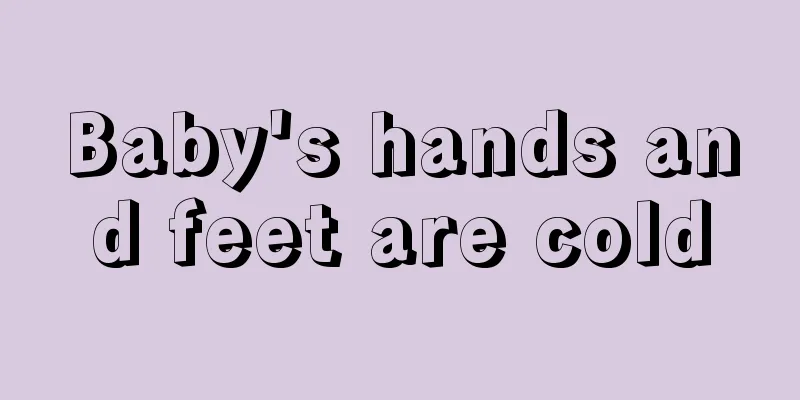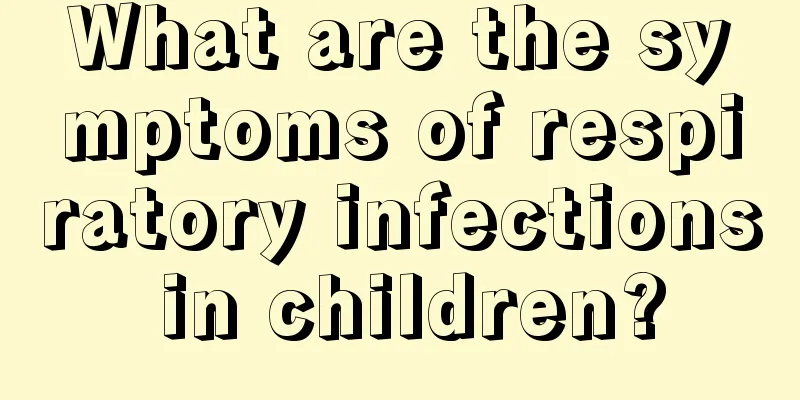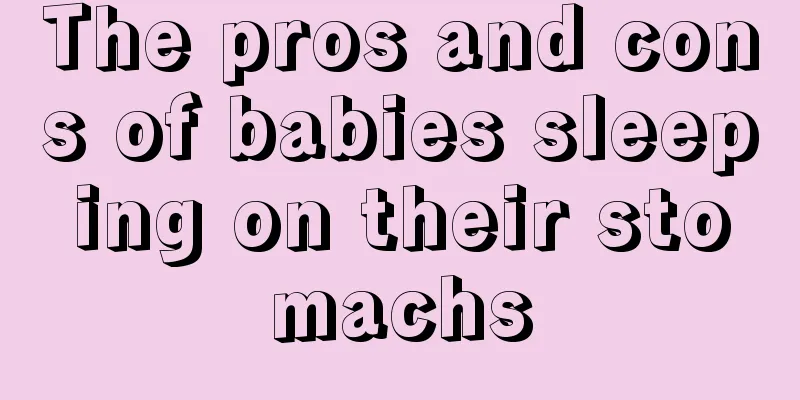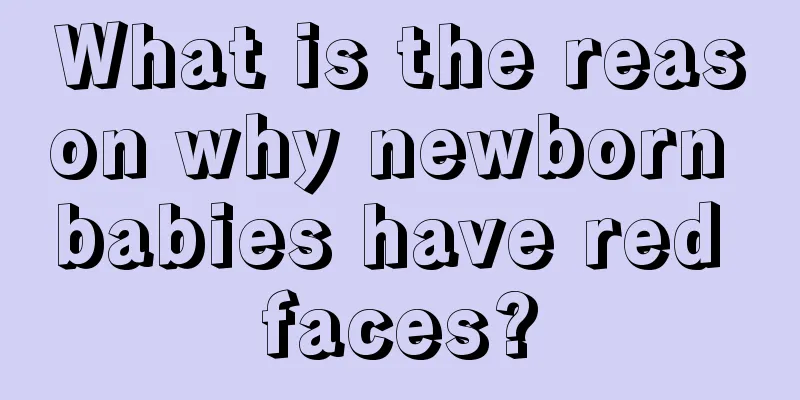What is the reason for delayed teething in babies?

|
Babies do not have teeth when they are just born. Usually, their teeth will grow after a few months, but some will grow teeth later. Most healthy babies will grow teeth 6 to 8 months after birth, but some may grow teeth as early as 4 months or as late as 10 months. The time and speed of teeth eruption is one of the signs that reflect the baby's growth condition. So what is the reason for delayed teething in babies? Let us find out through the following article. Tooth Development: 7-8 months: deciduous teeth erupt; If the teeth have not erupted by 12 months, it is considered delayed. Generally, the mandibular teeth erupt before the maxillary teeth, and erupt from front to back. 2-2.5 years old; The time of deciduous teeth eruption varies greatly from person to person. Generally speaking, babies begin to erupt their teeth at 6-8 months old. Some begin to erupt their teeth at 4 months old, and some begin to erupt their teeth at 10-12 months old. A 1-year-old child usually has 6-8 deciduous teeth. The first permanent tooth begins to erupt around the age of 6; from 6 to 12 years old, the deciduous teeth are replaced one by one by the permanent teeth in the same position, for a total of 32 permanent teeth. Late eruption of deciduous teeth: If a child is over 1 year old, or has not grown the first deciduous tooth for a long time, the influence of systemic diseases should be considered. Such as rickets, cretinism, extreme nutritional deficiencies, etc.Some children suffer from congenital adontia, so their teeth erupt late. They should go to the hospital for an X-ray to find out the reason. The speed of teeth eruption is related to factors such as genetics, nutrition, chewing training, food shape, endocrine system, and disease. Generally, when teeth eruption is delayed, rickets should be ruled out first (rickets is caused by calcium and phosphorus metabolism disorders due to lack of vitamin D). The impact of rickets on deciduous teeth: The eruption of deciduous teeth is delayed, and may be as late as 10 months or even 1 year old. The teeth may erupt in multiple directions and not all of them will erupt until 3 years old. Sometimes the order of eruption is reversed, or the enamel is poorly developed, making it easy to get caries and even affecting the calcification of permanent teeth. Canine teeth and first molars often show poor enamel development. The growth of teeth is related to nutrients such as protein, calcium, phosphorus, fluoride, vitamin C and D, and thyroid hormones. Children with more severe malnutrition, rickets, hypothyroidism, trisomy 21 syndrome, etc. may have delayed tooth eruption and poor tooth quality. Chewing food helps teeth grow. What is the reason for delayed teething in babies? Through the detailed introduction of the above article, I believe you have a basic understanding. In daily life, you should supplement with more complementary foods rich in calcium, iron and zinc, and the calcium you choose should be easily absorbed. In addition, it is best to take your baby to see a dentist and receive the correct treatment based on the baby's condition. I wish you and your baby good health. |
<<: What to do if your baby has teething
>>: What to do if your baby's teeth are late
Recommend
What to do if your child has a cough
Children may cough due to choking. Cough is one o...
Why does a child’s penis itch?
The development of children's genitals is a v...
Anti-inflammatory medicine for children’s sprained feet?
Sprained ankle is a very common phenomenon in dai...
What is the reason why children vomit after eating in summer?
In the summer, because the weather is relatively ...
How to train your baby to crawl
From babbling to sitting and crawling, babies nee...
What can children eat to relieve constipation and lubricate the intestines?
Many parents will find that their children often ...
Six month old baby frequently wakes up at night
In everyone's impression, babies eat and slee...
What should I do if my child has a fever of 37
Although fever is not a disease, it is like an al...
What should I do if my child has high cholesterol?
Most people are concerned about whether the chole...
There are some tips for treating hoarseness in baby's throat
It is quite common for babies to have a hoarse th...
How to treat stuttering in children
The emergence of language is necessary for us hum...
White spots on the child
Small white spots on children's bodies may be...
What should children not eat if they have poor digestion and absorption?
Whether a child can grow up healthily depends not...
Early symptoms of purpura in children
The early symptoms of purpura in children mainly ...
How to quickly relieve itching of baby eczema
Eczema is a skin disease caused by multiple facto...









